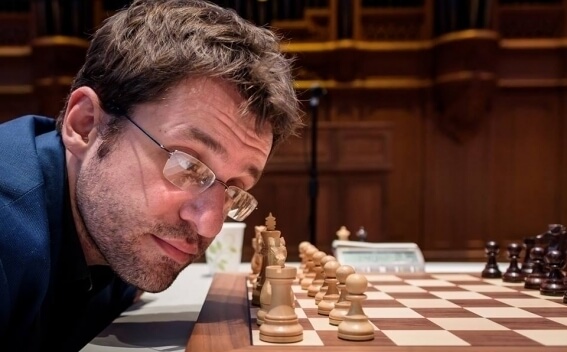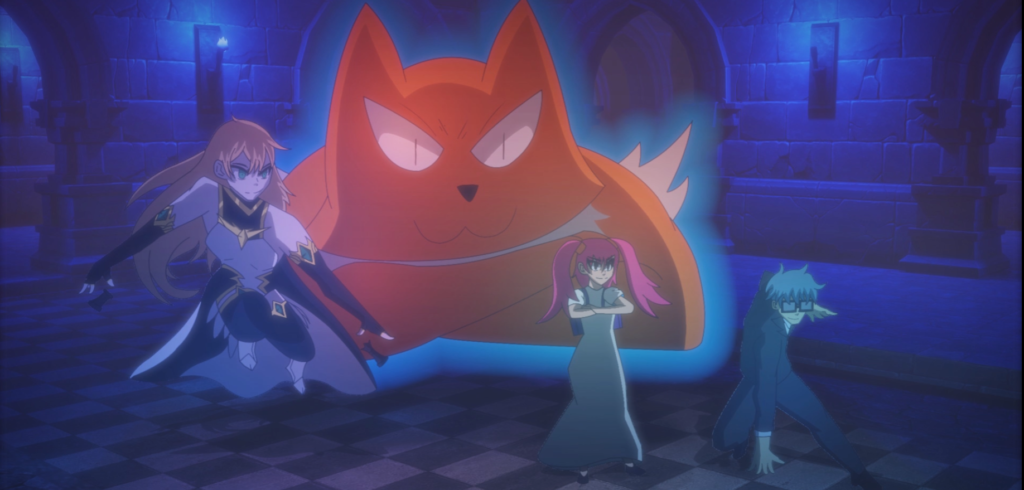The Russian Chess Federation’s decision to leave the European Chess Union and join the Asian Chess Federation has stirred up controversy in the chess community. The move was approved by FIDE, the international governing body for chess, and is expected to be confirmed by the ACF at its General Assembly in Abu Dhabi on February 28.
The decision to switch to the ACF was made by a vote of 29 in favor, 1 against, and 6 abstentions. The change will take effect from May 1, 2023, if approved by the ACF. According to FIDE, a chess federation cannot be part of two continental bodies at the same time, so Russia will automatically withdraw from the ECU if its request is accepted.
The move is seen by many as a response to the consequences of Russia’s invasion of Ukraine, which has resulted in sanctions being placed on the Russian Chess Federation by the European Chess Union. European Chess Union Vice President Malcolm Pein called the move “scandalous,” while Peter Heine Nielsen, head coach for Magnus Carlsen, criticized it as an attempt to “avoid the sanctions that have been rightfully placed upon the Russian Chess Federation.”
The decision is also controversial because Russia is one of the strongest chess federations in the world and has long been associated with European chess. However, it is worth noting that geographically, 77% of Russia’s landmass is in Asia, which makes the move justifiable in some respects.
The move will have implications for Russian chess players, who will now have to choose whether to continue playing under the Russian flag or switch to the Asian Chess Federation. FIDE has said that Russian chess players who wish to join other federations can do so immediately upon request and without incurring any fees. Players can later return to the CFR under the same conditions, FIDE added.
It remains to be seen how the move will affect the chess world as a whole, but it is clear that it will have significant implications for the Russian Chess Federation and its players. Whether this move will ultimately benefit or harm Russian chess remains to be seen.




